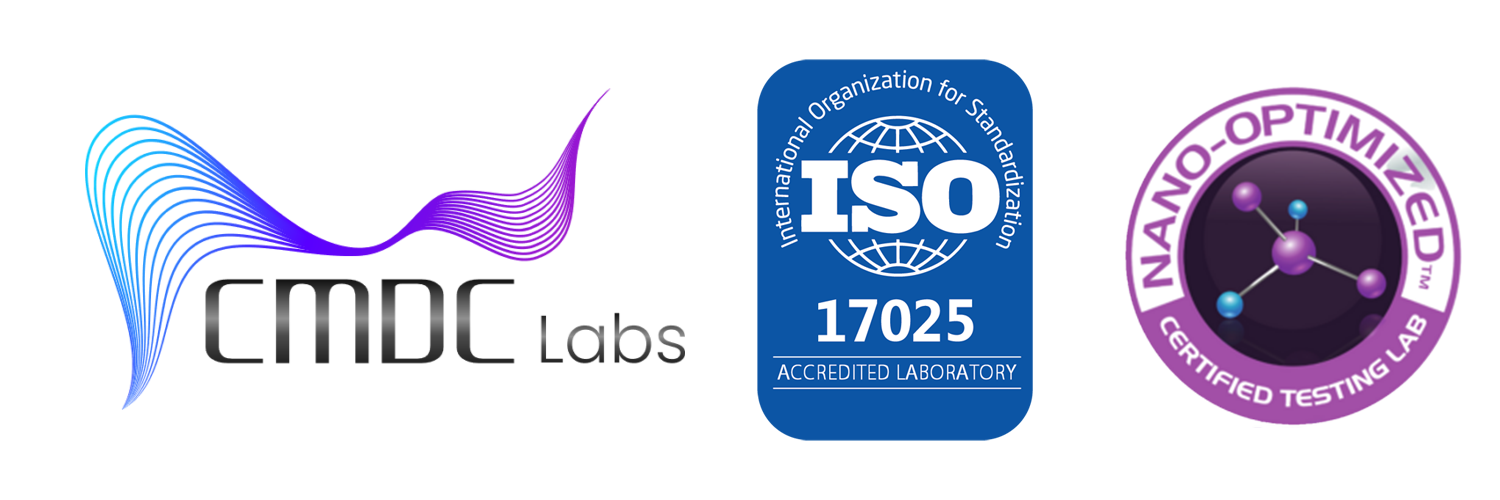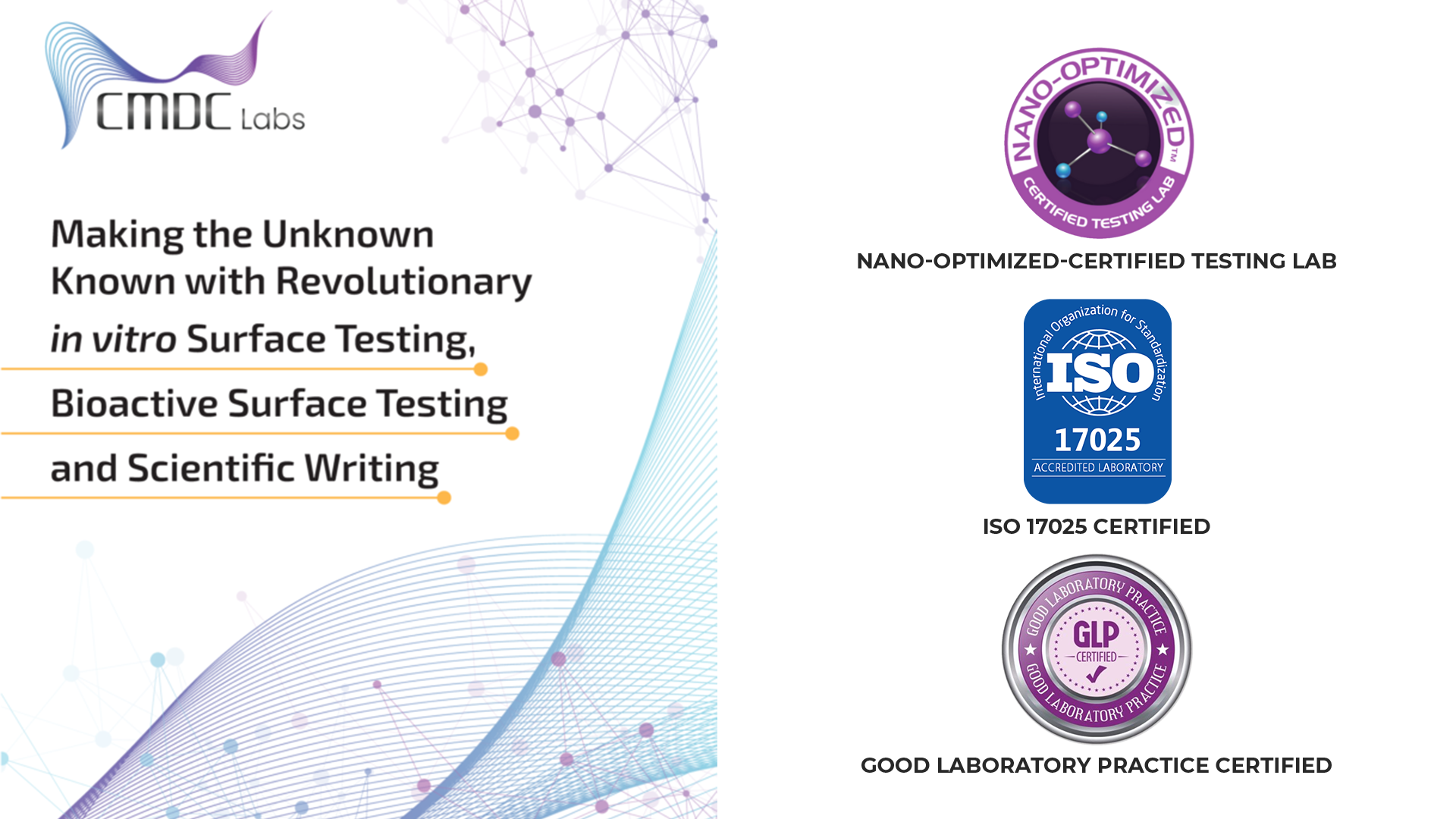Introduction
The American food supply is often touted as one of the safest in the world, backed by decades of regulatory oversight and scientific innovation. Yet new consumer research reveals a troubling shift: Americans are losing confidence in U.S. food safety.
High-profile recalls, outbreaks linked to familiar brands, and skepticism about regulatory enforcement have eroded public trust. At the same time, consumers are demanding greater transparency, more proactive safety measures, and clearer communication from food companies.
For producers and processors, this isn’t just a public relations problem—it’s a business challenge. Consumer trust directly influences purchasing decisions, brand loyalty, and regulatory scrutiny. And for testing laboratories like CMDC Labs, based in Longmont, Colorado, this moment represents a critical opportunity: to help the food industry not only comply with regulations but also rebuild credibility through rigorous, science-first testing and transparent communication.
Why Confidence in Food Safety Is Declining
Recalls Make Headlines—and Leave Lasting Impressions
Americans are exposed to news about contaminated lettuce, tainted meat, or unsafe baby food more often than ever. The constant cycle of recalls creates the impression that foodborne risks are rising, even as some pathogens decline due to better sanitation and monitoring.
When consumers read about Salmonella outbreaks in poultry, E. coli in leafy greens, or Listeria in dairy, they remember the brand names, not the corrective actions taken afterward. Trust, once shaken, is hard to regain.
Regulatory Gaps and Perceived Weakness
Although agencies like the USDA and FDA continue to oversee food safety, consumers increasingly perceive gaps in enforcement. Reports of budget cuts, reduced inspections, or limited surveillance (such as the CDC cutting FoodNet surveillance scope) fuel skepticism.
This creates the perception that regulators are reactive rather than proactive—stepping in after illness or contamination occurs, rather than preventing it.
Social Media Amplification
Unlike in the past, where recalls were announced in press releases, today social media amplifies every misstep. A single viral post about a consumer’s illness can ripple across platforms, sometimes outpacing regulatory investigations. This makes transparency, communication, and visible safety efforts more important than ever.
The Stakes for Food Producers
Financial Impacts of Lost Trust
- Recalls cost millions in logistics, legal fees, and wasted inventory.
- Brands suffer long-term losses in sales when consumers switch to competitors.
- Retailers may drop suppliers who experience repeated issues.
Erosion of Brand Equity
Even well-known brands like Blue Bell, Chipotle, or Dole have seen their reputations suffer after high-profile incidents. Consumers often associate them with risk long after corrective measures are taken.
Rising Consumer Expectations
Modern consumers, especially younger demographics, want to know:
- Where their food comes from.
- How it’s grown, processed, and tested.
- Whether the company goes “beyond compliance” in safety.
This rising demand for radical transparency reshapes how food companies must approach safety.
How Independent Testing Builds Trust
Moving Beyond Minimal Compliance
Compliance with USDA or FDA testing requirements is a baseline. But to rebuild trust, producers must demonstrate that they are actively going above and beyond. Independent testing provides an extra layer of credibility—proof that results aren’t self-reported or under-verified.
At CMDC Labs, testing programs are AOAC-compliant, ensuring that data meets both regulatory and scientific gold standards.
Rigorous Pathogen Detection
Consumers don’t think in terms of “regulatory thresholds.” They want reassurance that products are safe. Advanced pathogen testing—covering Listeria, Salmonella, E. coli O157:H7, and emerging threats—provides the defensible results that reassure both regulators and the public.
Contaminant and Heavy Metal Analysis
Recent stories about arsenic in baby food or lead in fruit pouches illustrate how chemical contaminants can devastate consumer trust. By partnering with accredited labs, companies can ensure proactive screening, transparent results, and corrective action plans before headlines strike.
Shelf-Life and Preventive Testing
By verifying not only that food is safe today but that it will remain safe throughout its shelf life, companies can further demonstrate responsibility and foresight.
Transparency and Communication: The Other Half of the Equation
Testing data alone isn’t enough. Producers must communicate results clearly and proactively to consumers, retailers, and regulators.
- Certificates of Analysis (CoAs): Sharing summaries with supply chain partners builds confidence.
- Proactive Marketing: Highlighting safety protocols in consumer messaging can flip a liability into a strength.
- Rapid Response: When issues do occur, transparent communication prevents misinformation and demonstrates accountability.
CMDC Labs supports this process not only by delivering test results, but also by helping interpret data and prepare it for stakeholders—ensuring clarity, not confusion.
Lessons from Past Recalls
- Chipotle (2015): Multiple outbreaks eroded its “fresh and natural” brand image. Lesson: marketing claims must be backed by verifiable safety data.
- Baby food recalls (2021–2025): Heavy metals like arsenic and lead fueled parent anxiety. Lesson: companies must test proactively for contaminants, not wait for regulators or advocacy groups to expose issues.
- Bagged salad recalls (multiple years): Persistent Listeria and E. coli contamination damaged consumer trust in convenience produce. Lesson: environmental monitoring and sanitation validation must be continuous, not occasional.
The CMDC Labs Advantage
At CMDC Labs, we believe consumer trust is built one verified result at a time. Our services directly support producers in regaining and maintaining confidence:
- AOAC-Compliant Microbial Testing: Culture, rapid PCR, and molecular methods for key pathogens.
- Chemical & Heavy Metal Analysis: Validated detection of arsenic, lead, cadmium, PFAS, and other contaminants.
- Environmental Monitoring Programs: Zone-based swabbing and trending analysis to identify facility hot spots before regulators do.
- Shelf-Life & Product Validation Studies: Proving stability and safety through the full distribution cycle.
- Regulatory Readiness Audits: Mock inspections and data reviews to ensure confidence when inspectors arrive.
By combining science, transparency, and credibility, CMDC Labs helps food producers go from reactive to proactive—rebuilding consumer trust with data that speaks for itself.
Conclusion
The erosion of consumer confidence in U.S. food safety is not just a perception issue—it’s a wake-up call. As recalls, regulatory gaps, and social media amplify every failure, food producers face heightened pressure to prove their products are safe.
The solution lies in a science-first approach that integrates independent testing, transparent communication, and proactive safety practices. By working with accredited partners like CMDC Labs, food companies can move from damage control to leadership—turning safety into a brand advantage and restoring the trust that consumers demand.
Sources: FoodSafetyNews (Sept 2025, consumer research on food safety confidence); CDC FoodNet surveillance updates; FDA recall database; USDA FSIS enforcement data; peer-reviewed literature on foodborne illness and consumer trust.

